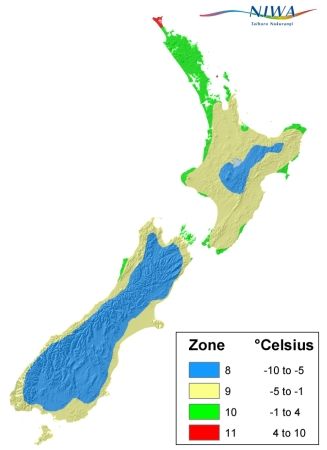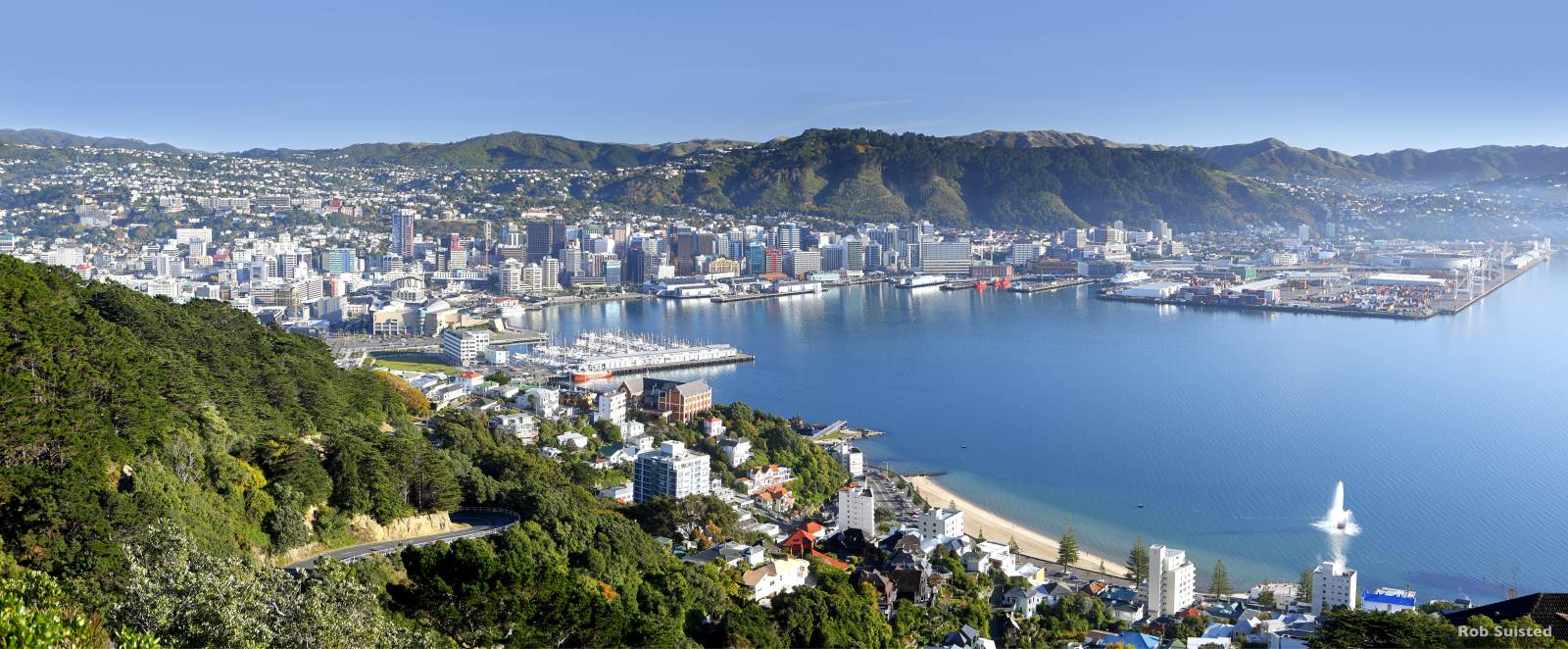It appears that you're running an Ad-Blocker. This site is monetized by Advertising and by User Donations; we ask that if you find this site helpful that you whitelist us in your Ad-Blocker, or make a Donation to help aid in operating costs.
▼ Sponsored Links ▼
▲ Sponsored Links ▲
▲ Sponsored Links ▲
Region Information Data for New Zealand (NZ)
New Zealand (MÄori: Aotearoa) is a sovereign island country in the southwestern Pacific Ocean. The country geographically comprises two main landmasses - the North Island (Te Ika-a-MÄui), and the South Island (Te Waipounamu) - and around 600 smaller islands. New Zealand is situated some 2,000 kilometres (1,200 mi) east of Australia across the Tasman Sea and roughly 1,000 kilometres (600 mi) south of the Pacific island areas of New Caledonia, Fiji, and Tonga. Because of its remoteness, it was one of the last lands to be settled by humans. During its long period of isolation, New Zealand developed a distinct biodiversity of animal, fungal, and plant life. The country's varied topography and its sharp mountain peaks, such as the Southern Alps, owe much to the tectonic uplift of land and volcanic eruptions. New Zealand's capital city is Wellington, while its most populous city is Auckland.
Sometime between 1250 and 1300, Polynesians settled in the islands that later were named New Zealand and developed a distinctive MÄori culture. In 1642, Dutch explorer Abel Tasman became the first European to sight New Zealand. In 1840, representatives of the United Kingdom and MÄori chiefs signed the Treaty of Waitangi, which declared British sovereignty over the islands. In 1841, New Zealand became a colony within the British Empire and in 1907 it became a dominion; it gained full statutory independence in 1947 and the British monarch remained the head of state. Today, the majority of New Zealand's population of 4.9 million is of European descent; the indigenous MÄori are the largest minority, followed by Asians and Pacific Islanders. Reflecting this, New Zealand's culture is mainly derived from MÄori and early British settlers, with recent broadening arising from increased immigration. The official languages are English, MÄori, and NZ Sign Language, with English being very dominant. Posted on March 31st, 2019 · Updated on July 14th, 2020
Sometime between 1250 and 1300, Polynesians settled in the islands that later were named New Zealand and developed a distinctive MÄori culture. In 1642, Dutch explorer Abel Tasman became the first European to sight New Zealand. In 1840, representatives of the United Kingdom and MÄori chiefs signed the Treaty of Waitangi, which declared British sovereignty over the islands. In 1841, New Zealand became a colony within the British Empire and in 1907 it became a dominion; it gained full statutory independence in 1947 and the British monarch remained the head of state. Today, the majority of New Zealand's population of 4.9 million is of European descent; the indigenous MÄori are the largest minority, followed by Asians and Pacific Islanders. Reflecting this, New Zealand's culture is mainly derived from MÄori and early British settlers, with recent broadening arising from increased immigration. The official languages are English, MÄori, and NZ Sign Language, with English being very dominant. Posted on March 31st, 2019 · Updated on July 14th, 2020
▼ Sponsored Links ▼
▲ Sponsored Links ▲
▲ Sponsored Links ▲
Comments
(Related Products
▼ Sponsored Links ▼
▲ Sponsored Links ▲
▲ Sponsored Links ▲



